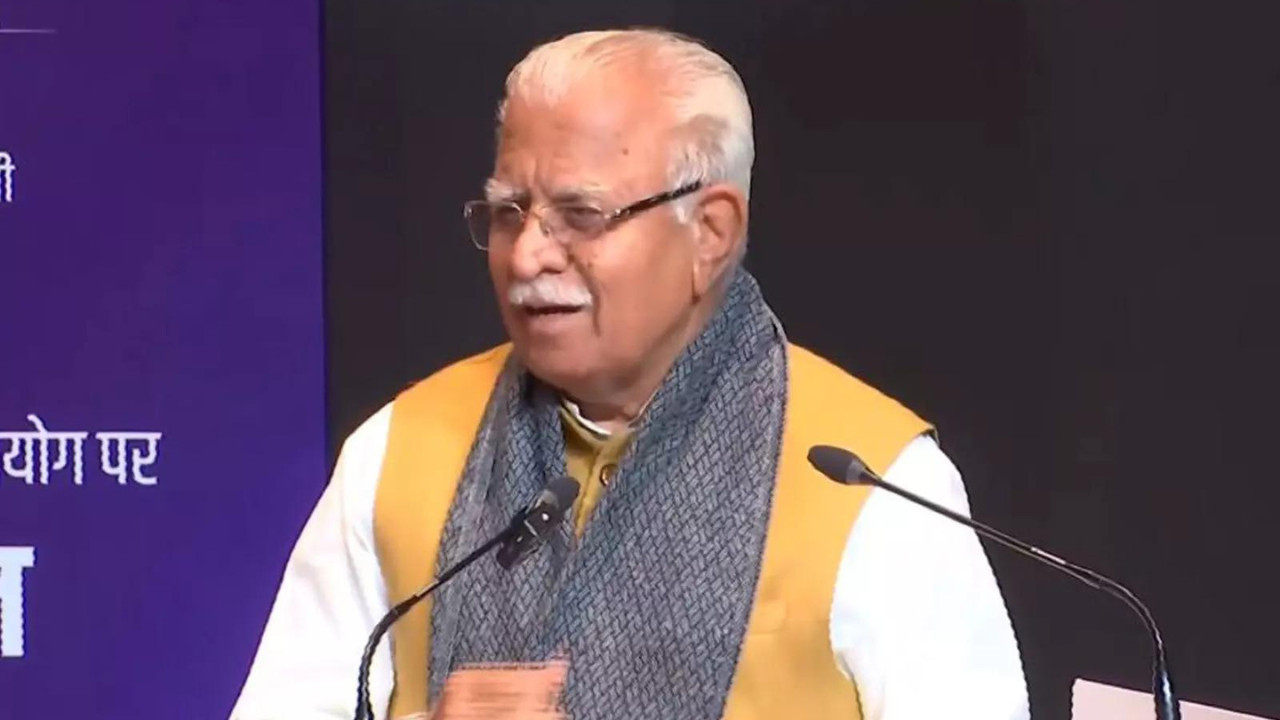State Bank of India has made its first gold trade on the India International Bullion Exchange. This move marks a significant step in improving India’s gold import system. SBI’s new status as a special category client will help jewellers and other businesses conduct gold transactions more easily. This initiative aims to make gold imports more efficient and cost-effective.
SBI Takes a Bold Step: Joining the India International Bullion Exchange
Imagine a world where gold trading is as transparent and efficient as trading stocks. That’s the vision driving the India International Bullion Exchange (IIBX), and State Bank of India (SBI), the country’s largest lender, is now playing a bigger role in making that vision a reality. SBI has officially signed on as a Special Category Client of the IIBX, a move that signals a significant commitment to the future of bullion trading in India.
This isn’t just a procedural formality; it’s a strategic maneuver that could ripple through the entire gold ecosystem. Think of the IIBX as a cutting-edge marketplace designed to bring greater clarity, standardization, and accessibility to the bullion trade. By becoming a Special Category Client, SBI gains direct access to this platform, allowing them to participate more actively in physical gold transactions.
Why This Matters: A New Era for Gold Trading
For years, the Indian gold market has been characterized by a degree of fragmentation and opacity. The IIBX aims to address these challenges by providing a centralized, regulated platform for bullion trading. SBI’s involvement strengthens this initiative considerably.
The benefits are manifold. Firstly, it promises to enhance price discovery. With SBI, a major player, actively participating, the IIBX can offer more accurate and reliable gold pricing, benefiting both buyers and sellers. Secondly, it streamlines the trading process. The exchange facilitates efficient and transparent transactions, reducing the potential for discrepancies and disputes. Finally, it promotes greater confidence in the gold market. A well-regulated exchange, backed by a trusted institution like SBI, can attract more participants and foster sustainable growth.

Think about the implications for jewelers, gold importers, and even individual investors. A more transparent and efficient market translates to fairer prices, reduced transaction costs, and increased security. It’s a win-win scenario for everyone involved.
SBI and the Future of India’s Bullion Market
SBI’s decision to join the IIBX reflects its forward-thinking approach to financial services. The bank is not simply reacting to market trends; it’s actively shaping the future of the bullion industry in India. By leveraging the IIBX platform, SBI can enhance its existing gold-related services, offer new and innovative products, and solidify its position as a leader in the financial sector.
Moreover, this move aligns perfectly with the government’s broader efforts to formalize and modernize the gold market. The IIBX is a key component of this strategy, and SBI’s participation lends further credibility and momentum to the initiative. It’s a clear signal that the Indian gold market is maturing and embracing international best practices.
This isn’t the first time SBI has embraced innovation. The bank has been actively investing in digital technologies and exploring new avenues for growth. This move to become a Special Category Client is further proof that SBI is adapting to the evolving landscape and positioning itself for long-term success. This also complements the banks other existing digital innovations, such as its recently launched digital banking units, read more about that here.
The Ripple Effect: Broader Implications for the Economy
The impact of SBI’s participation in the IIBX extends beyond the gold market itself. A more efficient and transparent bullion trade can have positive spillover effects on the broader economy. It can attract foreign investment, boost economic growth, and strengthen India’s position as a global financial hub.
Furthermore, the IIBX can play a crucial role in managing India’s gold imports. By providing a platform for hedging and risk management, the exchange can help stabilize the gold market and reduce the country’s dependence on imports. This is particularly important in light of fluctuating global gold prices and the need to maintain a healthy balance of payments.
In conclusion, SBI joining the India International Bullion Exchange as a Special Category Client marks a pivotal moment for the Indian gold market. It’s a strategic move that promises to enhance transparency, efficiency, and confidence in the bullion trade. As the IIBX gains traction and more institutions follow SBI’s lead, we can expect to see a significant transformation in the way gold is traded and managed in India, ultimately benefiting the entire economy. This collaboration between a major financial institution and a forward-thinking exchange is a testament to the power of innovation and the potential for a brighter future for the Indian gold market.







